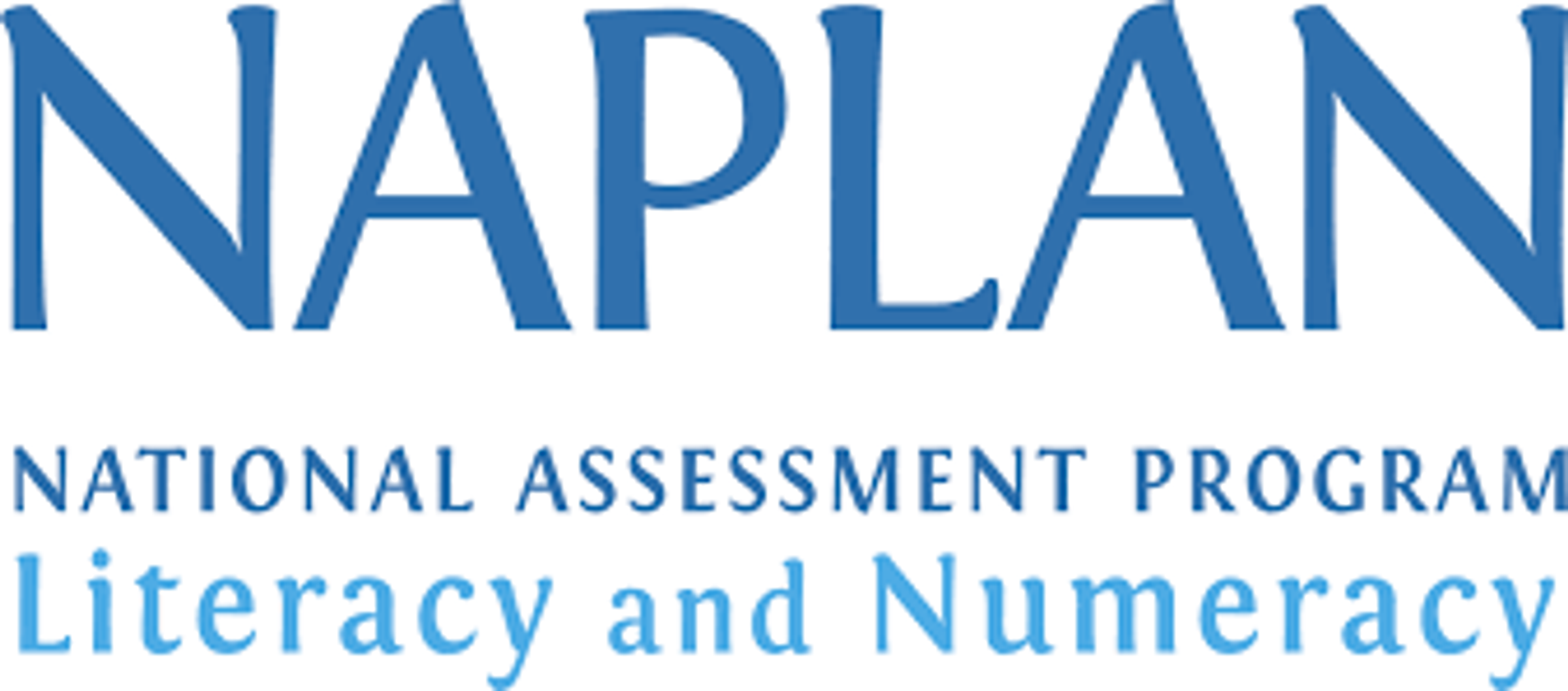NAPLAN 2025

Preparing for NAPLAN
As we approach the NAPLAN testing period, we want to ensure that our students in Years 3 and 5 are well-prepared and confident. The National Assessment Program – Literacy and Numeracy (NAPLAN) is an annual assessment that helps measure students' skills in reading, writing, language conventions (spelling, grammar, and punctuation), and numeracy. Here’s what you need to know and how you can support your child:
What is NAPLAN?
NAPLAN is a nationwide assessment for students in Years 3, 5, 7, and 9. It provides valuable insights into your child's progress in literacy and numeracy, helping teachers and parents identify strengths and areas for improvement. The tests are conducted over a period of 2 weeks.
Areas Tested in NAPLAN:
Reading:
Assesses students' ability to understand and interpret various types of texts, including fiction, non-fiction, and poetry.
Writing:
Evaluates students' ability to write coherent and structured texts. This includes narrative and persuasive writing tasks.
Language Conventions:
Tests spelling, grammar, and punctuation skills. Students are required to identify and correct errors in written texts.
Numeracy:
Measures mathematical skills and concepts, including number operations, patterns, algebra, measurement, geometry, and data interpretation.
Practical Ways to Help Your Child Prepare:
Familiarise with the Test Format:
Encourage your child to complete practice tests available online to get used to the types of questions and the test format.
Discuss the structure of the test and what to expect on the day.
Create a Positive Environment:
Talk to your child about the importance of NAPLAN but reassure them that it is just one part of their overall learning journey.
Encourage a positive mindset and reduce any anxiety by emphasizing effort over results.
Daily Reading and Writing:
Incorporate reading into daily routines. This can include a variety of genres such as fiction, non-fiction, and poetry.
Practice writing by encouraging your child to keep a journal or write short stories.
Practice Numeracy Skills:
Engage in everyday math activities, such as cooking (measuring ingredients) or shopping (calculating totals and change).
Use educational apps and games that make learning math fun and interactive.
Healthy Habits:
Ensure your child gets a good night’s sleep, especially before test days.
Provide a nutritious breakfast to help them stay focused and energized.
Stay Informed:
Keep in touch with your child’s teacher for updates on their progress and any additional support they might need.
Visit the NAPLAN website for more resources and information.
By working together, we can help our students approach NAPLAN with confidence and a positive attitude.
